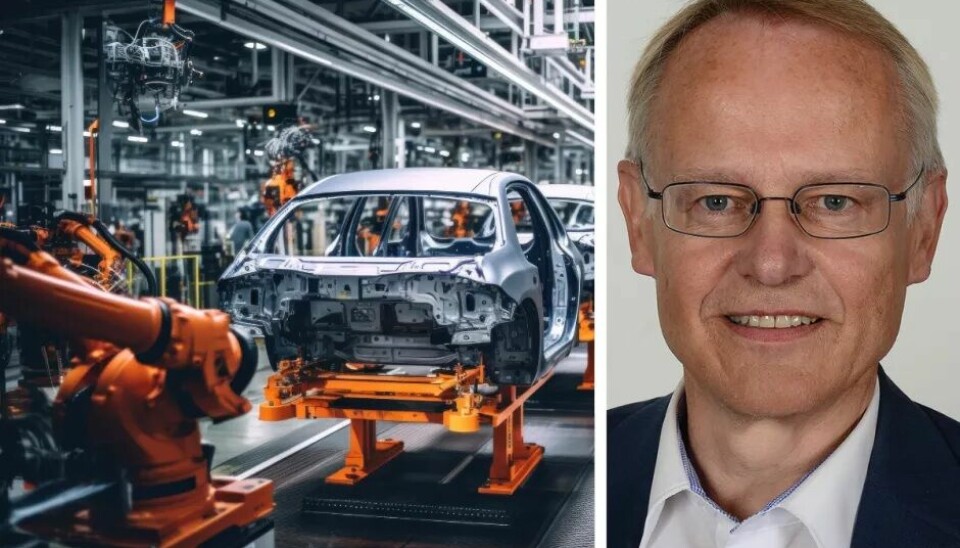Frank Mantwill, Helmut-Schmidt-University Hamburg
Creativity remains the domain of humans

The manufacturing of vehicles is fundamentally changing - and with it, the role of humans in the factory. Professor Frank Mantwill explains which skills are necessary and where humans will remain indispensable in the future.
Mr. Mantwill, how will the role of the factory worker in the automotive industry change with increasing automation and the use of AI-supported assistance systems?
We have already seen for decades how automation in body construction or painting has changed work. This will continue with further automation, for example through humanoid robots. AI-supported assistance systems inevitably lead to automated processes, as knowledge shifts in favor of algorithms and machines. For the transition, we need changed roles, qualifications, and job content. We will need IT/AI-oriented planning and maintenance.
Which tasks will increasingly be taken over by machines and software, and where will humans remain indispensable?
In body construction, it was the strenuous physical work and the precision of repetition that replaced the worker. This will also be the goal of rationalization in the future. In production planning, planning tools will be able to take over many tasks. The general rule is: wherever we have repetitive and modelable tasks, humans can be replaced. Even when we talk about generative AI methods, they cannot create original creativity. That remains the domain of humans, as well as the further development of algorithms and robots. Legislation will also restrict where we can replace humans, as we can gather from current discussions.
What new skills and qualifications will be expected from employees in the automotive factory of the future?
The VUCA world (volatility, uncertainty, complexity, and ambiguity) requires more agility and adaptability. This applies to employees as well as leadership. It requires higher digital competence to consistently expand rationalizations in breadth and depth. Along with this, the importance of data and data quality increases. In the future, handling data-driven processes must be a given skill, as well as dealing with machine learning and transformer applications.
How can companies prepare their workforce for these changes?
Through cultural role models. Research shows that major technological upheavals must be motivated, communicated, exemplified, accompanied, and pursued by leadership. Change needs leadership. On the personnel side, recruiting must be aligned with the required skills.
Will there still be traditional production jobs in the fully digitalized and autonomous factory of the future, or is the factory worker increasingly becoming a process supervisor and problem solver? Will they even become obsolete?
More likely a process supervisor and problem solver, even if they use extensive digital tools for this. As in the past, the ratio of effort to benefit still applies. Where humans cannot be replaced or it is not "worth it," they will continue to be active.
Is the current cost pressure in the automotive industry fueling this development?
Not really, as we are talking about rationalization. The only question is about the payback period. For the "low-hanging fruits," that would be possible. Since we still need to learn and gain experience in this transformation, it requires pioneering spirit, opportunities for experimentation, and freedoms. This could fall short under cost and time pressure. I see the greatest danger there.
